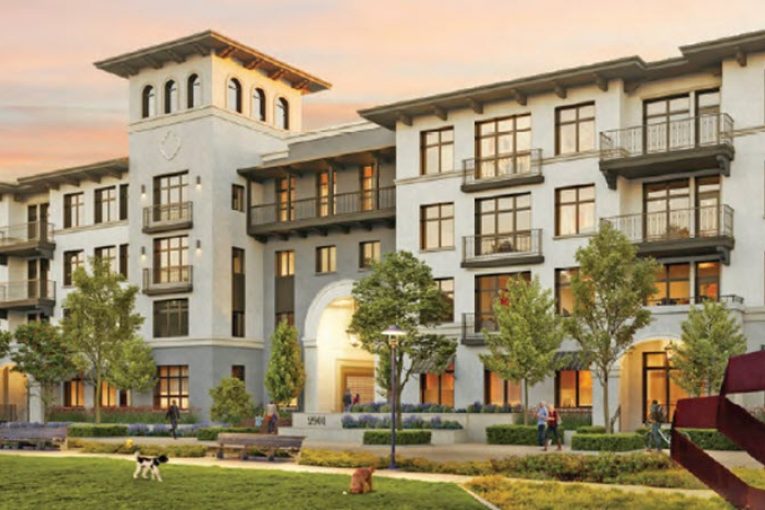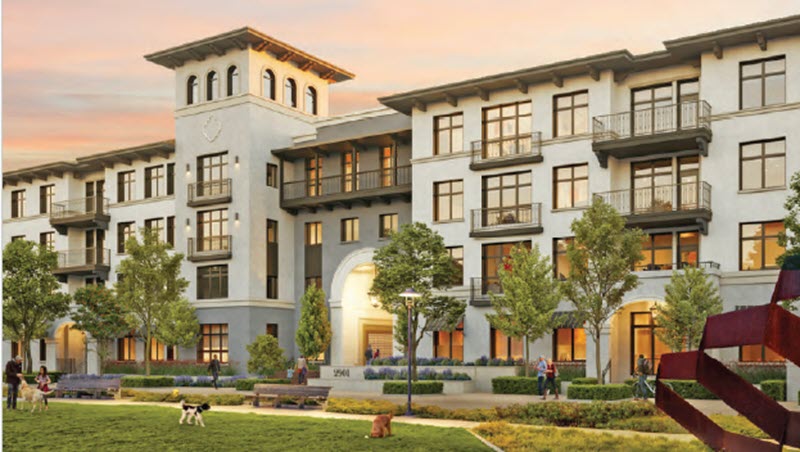

Special to the Vanguard
San Mateo, CA – On Thursday, the Housing Action Coalition (HAC) and Farella Braun + Martel LLP filed a lawsuit against the City of San Mateo, challenging its recently adopted Housing Element in order to make the county comply with state housing laws.
This represents the first lawsuit in the Bay Area to challenge a Housing Element that has been certified by the State, by invoking a law requiring cities to back up their claims that housing sites are realistically available with substantial evidence.
According to the lawsuit, “the City of San Mateo claimed to meet its fair share of the 2023-2031 regional need for housing – a number known as the Regional Housing Needs Assessment (RHNA) – by listing a number of sites where the city knew development was not likely.”
“We hoped that San Mateo would work in good faith to get their Housing Element to a place where it could actually plan for the housing the City desperately needs,” said Ali Sapirman, the Peninsula and South Bay Organizer of Housing Action Coalition. “Unfortunately, the City chose to pass a Housing Element that will do no such thing, and claims that the status quo is good enough. The Bay Area’s housing shortage is one of the most severe in the country, and we’re serious when we say that the City must follow  state law and build enough housing for its residents.”
state law and build enough housing for its residents.”
In its Housing Element, each city and county is required to show that its zoning laws allow enough housing to meet its fair share of the Bay Area need for 2023-2031, or to meet a state mandated deadline to make additional zoning changes.
Cities are required under Housing Element law to create an inventory of properties where housing could be built under existing law, and determine whether enough houses and apartments could be built on those sites to meet the City’s share of the regional need. Because the greatest need is for housing affordable to those with lower than average incomes, cities are required to show substantial evidence that the properties are likely to be available for residential development, including that any existing business on the property will be moving out during the eight-year period.
San Mateo’s inventory adopted last night claimed no zoning changes were required to meet its goals, listing properties where existing businesses are likely to continue as potential sites for new housing. For example, the City listed most of the parking lot of the popular Bridgepointe Shopping Center as a housing opportunity site, ignoring that the restaurants and retail stores that surround the lot have a right to use the parking lot for their customers, and that a long-term agreement prohibits residential construction on the parking lot. It also listed several large office buildings that continue to sign long-term leases, even after owners told the City that they have no plan to tear down the offices.
“Cities should not claim that sites are available for housing unless they actually have the required evidence to back it up,” said Tom Mayhew of Farella Braun + Martel, the attorney for the Housing Action Coalition.
The case is also significant because it is the first time a private law firm has teamed up with a nonprofit to enforce Housing Element laws as a pro bono project. “This is a great opportunity to use our litigation skills and knowledge of land use laws to help address the housing crisis in California,” Mayhew continued. “These plans need careful review to make sure cities are following the rules.”





